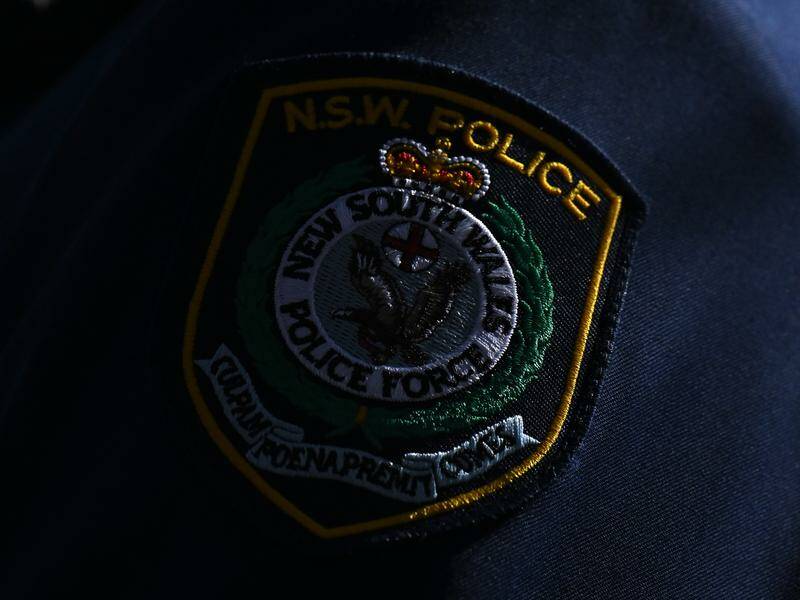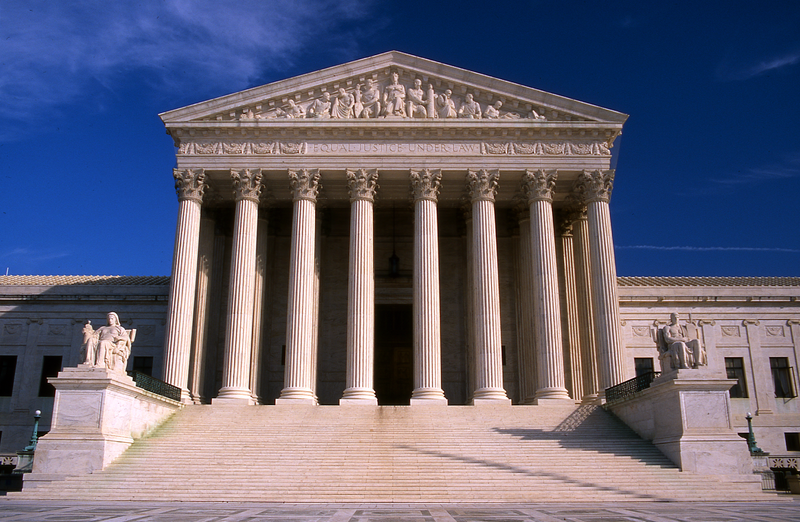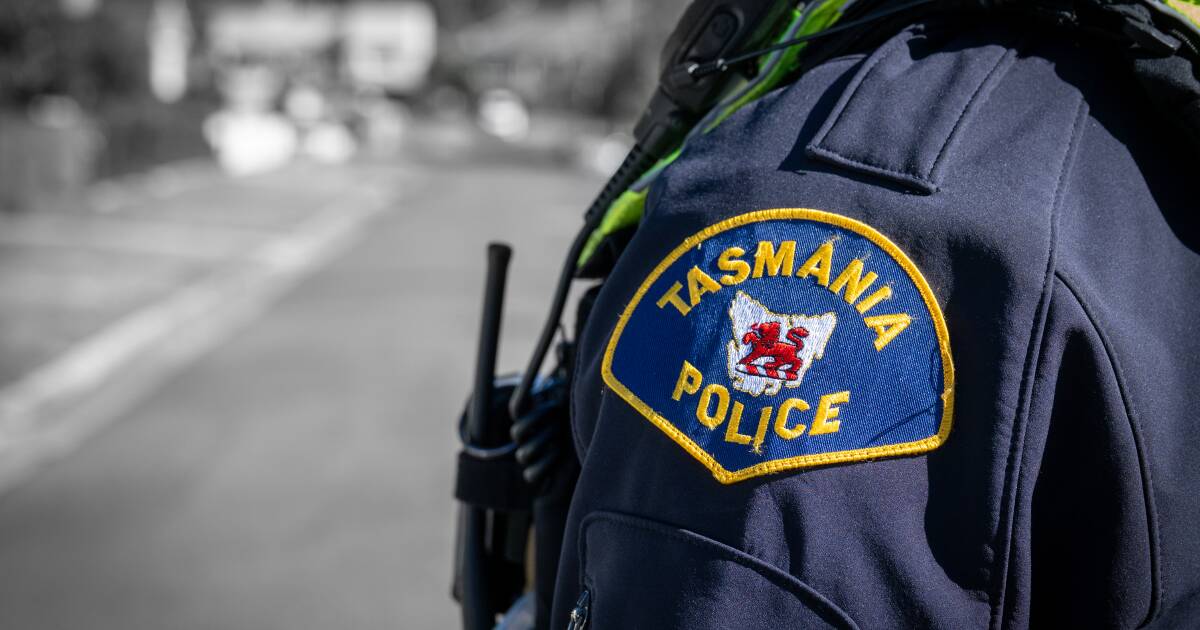
UPDATE: In a shocking development, the family of two Aboriginal brothers, aged 11 and 13, has filed a racial discrimination lawsuit in the Federal Court after enduring over 150 home bail checks by NSW Police in less than two years. These intrusive checks, often conducted late at night, have left the children terrified and their mother, identified as Megan for legal reasons, struggling to cope with the impact.
The family’s ordeal began when the boys were on bail for being passengers in a stolen vehicle. According to Megan, police routinely arrived at their home, knocking on doors, shining flashlights, and banging on windows during these visits. “It got to the point where it was too much,” she shared, explaining how the constant disruptions caused her children to miss school and led to her losing her job.
Authorities confirm that these checks are not isolated incidents. Grace Gooley, senior solicitor at the Justice and Equity Centre, stated that such practices are common for young people on bail in New South Wales. She emphasized the need for police to reassess their approach, asserting that these checks have been carried out in an “unnecessarily disruptive” manner, often without obtaining the necessary court authorization.
Megan described the emotional toll on her children: “Life was happy until police started to come and do that. Now my young fellas have limited their visits to friends and family because they’re too scared of police.”
Recent analysis of NSW Police data revealed that Aboriginal children are disproportionately affected, experiencing 42 percent more home visits on average and being twice as likely to encounter “very frequent” checks—defined as more than 11 visits within a month. Gooley highlighted that many Aboriginal youths report similar harassment, indicating a widespread issue that demands immediate attention.
As the family takes their fight to the Federal Court, they hope to draw attention to these disturbing practices and push for change within the police force. “It’s time for NSW Police to look at what’s going on and start to change these practices,” Gooley stated, echoing the sentiments of many community advocates.
The case is developing, and as more details emerge, it raises critical questions about policing practices and their impact on vulnerable communities. This urgent situation underscores the need for reform and accountability in law enforcement.
Stay tuned for further updates as this story unfolds.





